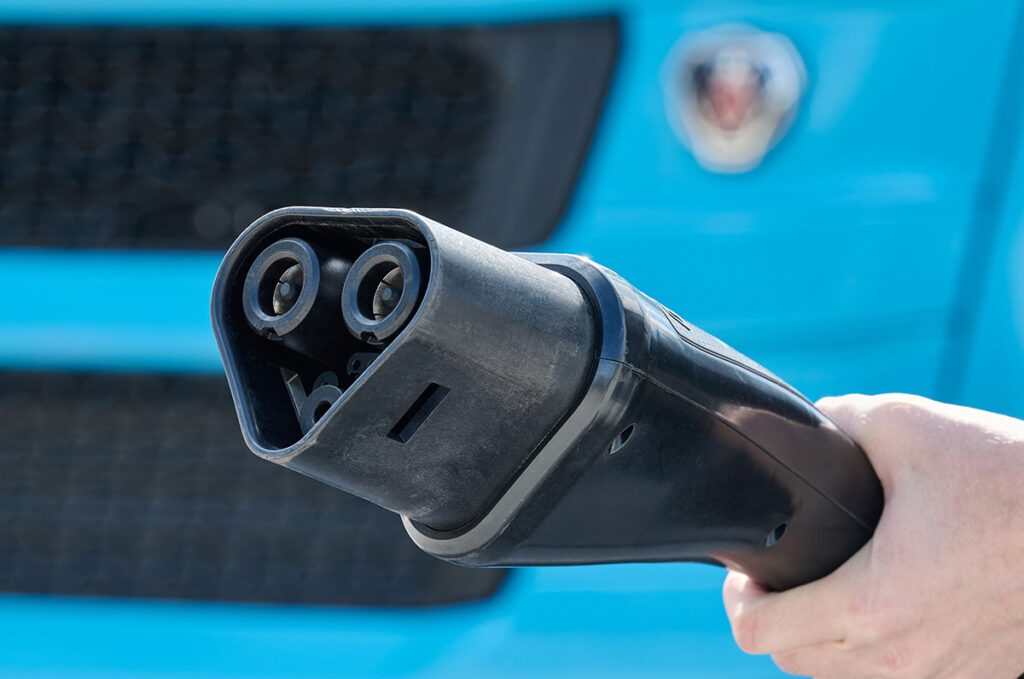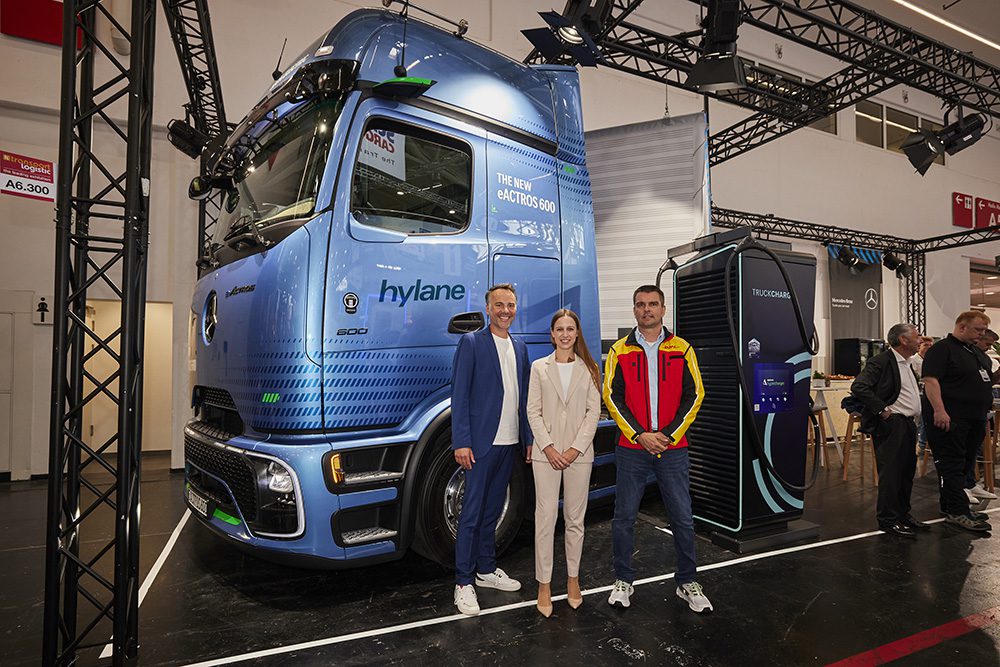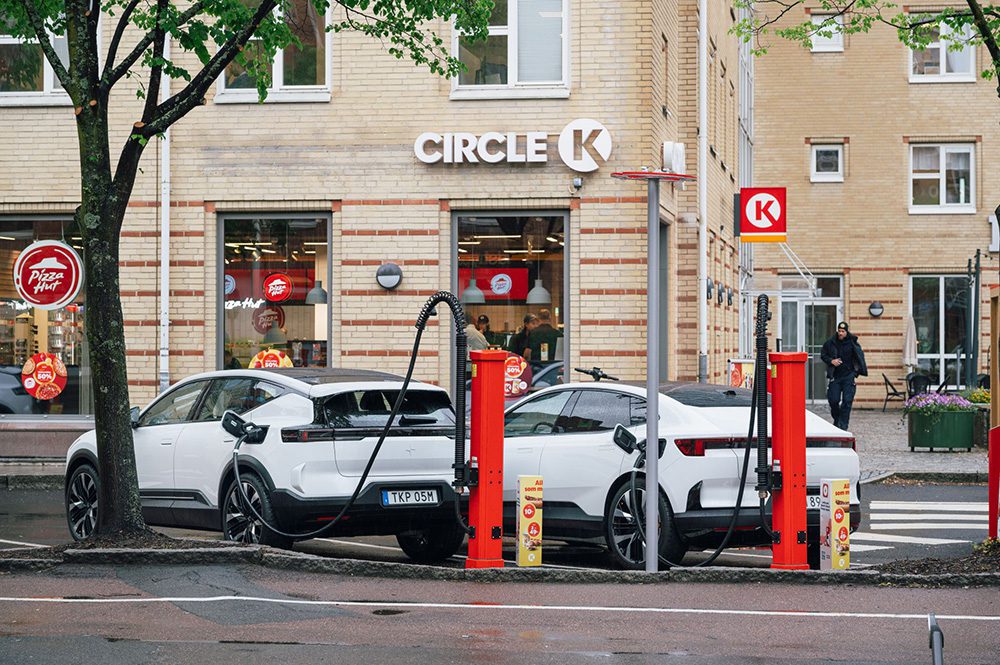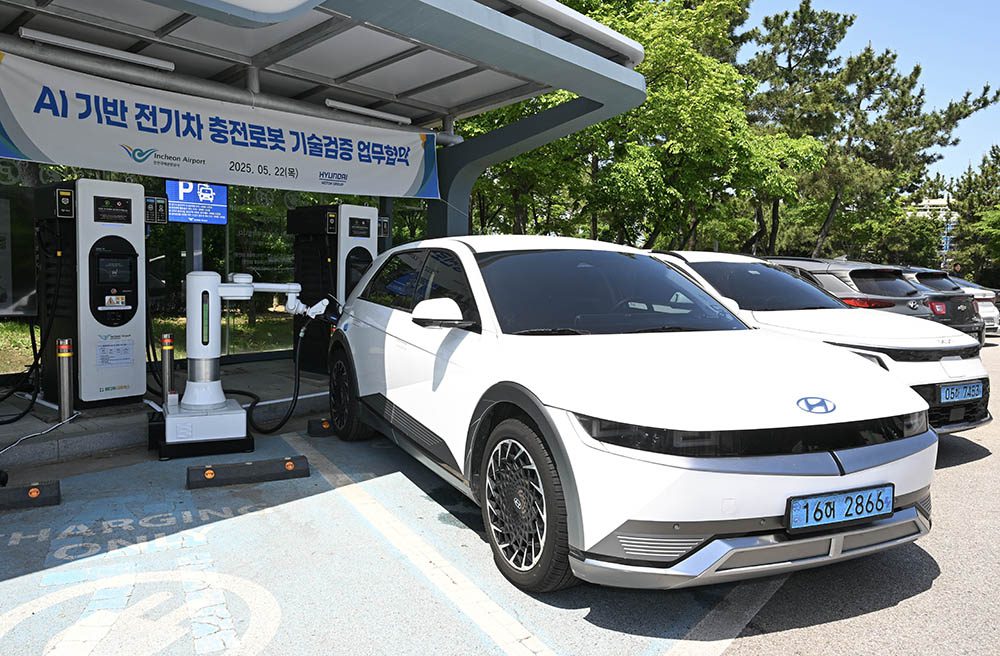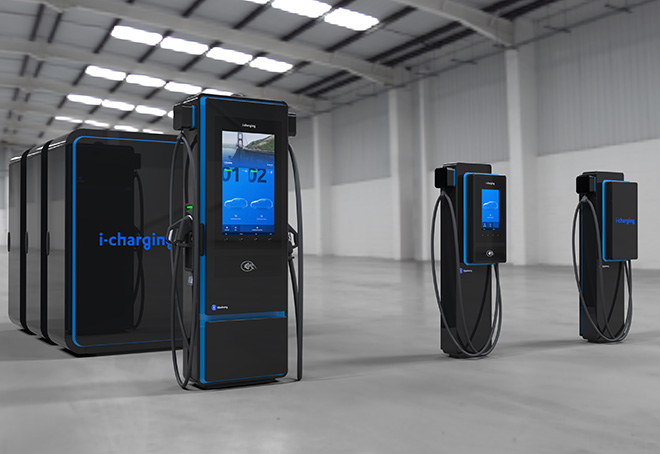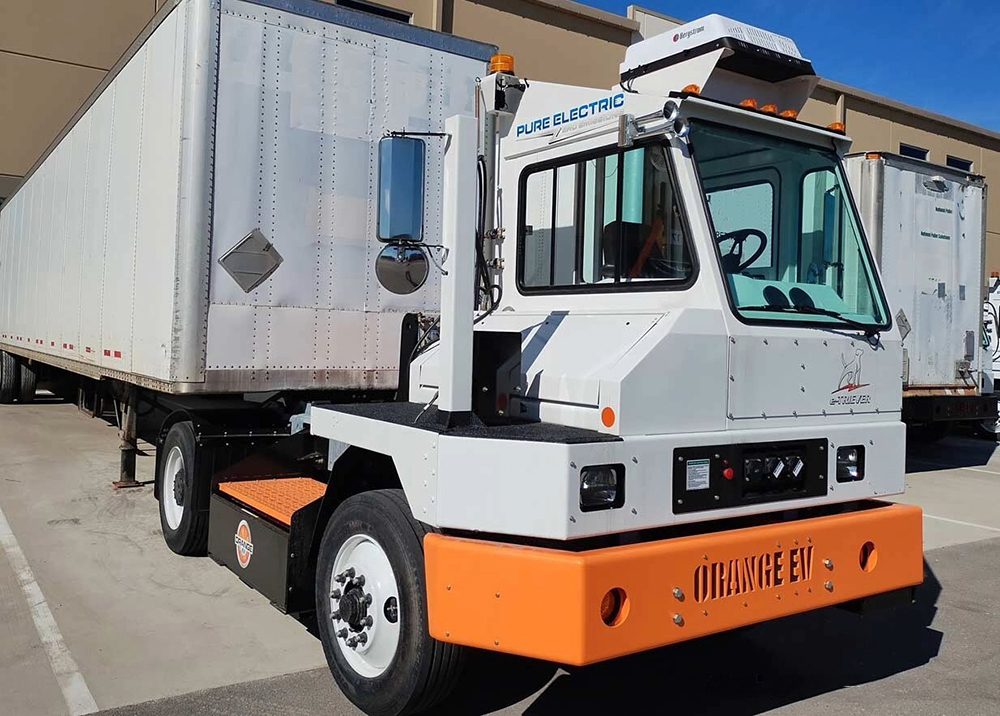Ironically, South Korea, home to some of the world’s leading producers of Li-ion batteries including LG Chem and Samsung, still has a comparatively tiny EV market. Total plug-in sales in 2014 were 850, far below a tenth of 1% of total vehicle sales. Neighboring Japan has around 110,000 plug-in vehicles on the road, compared to around 1,800 in South Korea.
This is despite fairly generous subsidies – the national government offers up to 15 million won ($13,900) for the purchase of a new EV, and residents of Seoul can be eligible for up to 20 million won ($18,245).
In a recent blog post, Navigant Research describes the lack of charging infrastructure as a major constraining factor. A large proportion of South Koreans live in multi-unit dwellings, where home charging is difficult or impossible. Navigant estimates there are currently only about 100 public stations in Seoul.
With an eye to removing this roadblock, the city government in Seoul recently announced a plan to deploy 100,000 new charging stations. This may seem like an enormous undertaking, as a typical Level 2 public charger costs $2,500 and up, plus installation costs.
However, the Seoul authorities have a much cheaper and more flexible strategy in mind: ordinary 220-volt outlets will be used as charging stations through the use of portable chargers. South Korean company Powercube manufactures the EV-Line 3.3 kW charger, which costs less than $1,000, and includes an RFID reader that allows Powercube to track electricity consumption, and even to keep track of the time of charging sessions, enabling drivers to take advantage of time-of-use rates.
Another Korean firm, Kodi, is preparing to release its own 3.3 kW mobile charger, the MTC, which has similar specs.
Sources: Navigant Research, Green Car Reports





